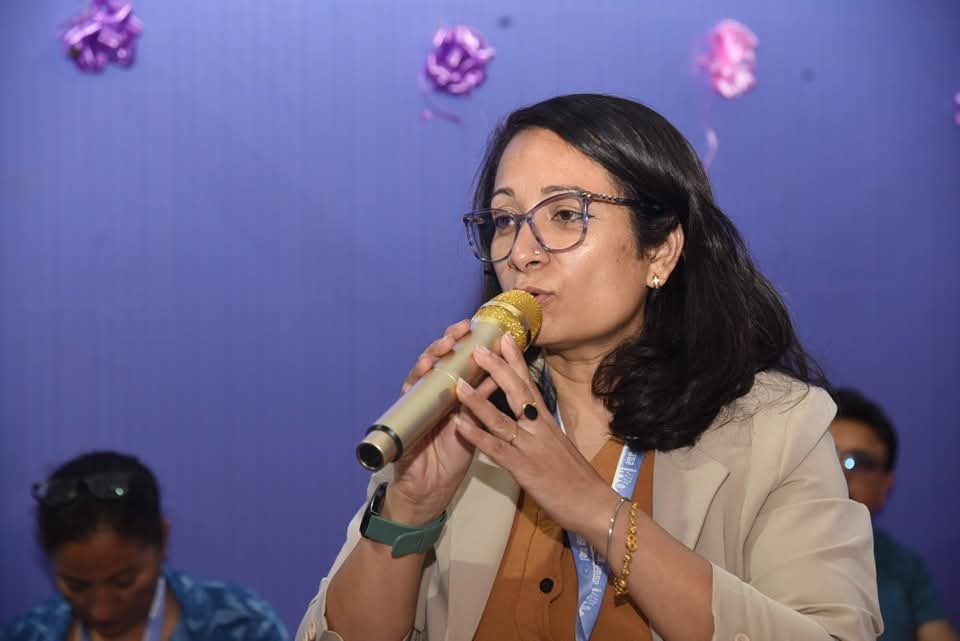Kathmandu - Parents of children with autism and Down syndrome are expressing newfound hope for the future as metropolitan authorities take proactive steps to support the education, skill development, and overall well-being of these children. Recent discussions have highlighted the importance of inclusive policies, scientific evaluation methods, and innovative teaching approaches to ensure these children receive the care and education they deserve.
Parents have stressed the need for scientifically designed evaluation processes that assess children’s abilities and determine their qualifications based on their unique strengths. They have also called for specialized training for teachers, facilitators, assistant teachers, and parents, recognizing that comprehensive training is essential for creating a nurturing and empowering environment.
One parent expressed a common concern, stating, “What will happen to our children after we are no longer here? Who will care for them and manage their needs?” This sentiment underscores the pressing need for a sustainable support system for children with special needs, particularly as their caregivers age.
Among the innovative ideas proposed is the introduction of “Book-Free Friday” — a concept aimed at fostering experiential learning and creativity in children. Parents and educators believe this approach could provide significant benefits, offering children opportunities to develop practical skills and explore their potential in a relaxed environment.
To address societal stigma, parents have emphasized the importance of awareness campaigns that challenge misconceptions and promote acceptance. “This is a condition, not a choice,” one parent noted, calling for a shift in how society perceives and interacts with individuals with autism and Down syndrome.
The metropolitan municipality’s initiatives have sparked optimism among families, but stakeholders agree that there is much more to be done. Collaborative efforts between local authorities, educators, parents, and community members are crucial to building an inclusive society that values the contributions and potential of every individual.

By focusing on these steps, Nepal has the opportunity to set a benchmark in inclusive education, creating a supportive environment where children with autism and Down syndrome can thrive. The journey is challenging, but with concerted efforts, a future of hope and progress seems within reach.